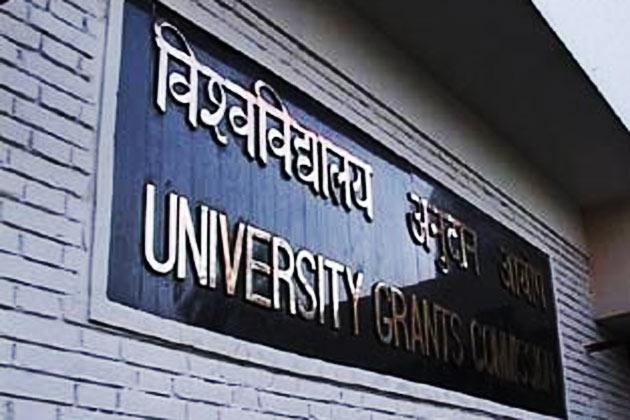Get Ready to Pay More to Study at 'Top Universities'

Soon, if you want to study at a top-ranked university in India, you will need to pay a lot more than you do now – never mind if it is a ‘public university’ or a private one.
The University Grants Commission (UGC) on August 24 approved the plan to grant graded autonomy to all recognised universities – public, private and deemed – based on their ranking as per the National Assessment and Accreditation Council (NAAC) and the two-year-old National Institutional Ranking Framework (NIRF).
In June, the UGC had uploaded the draft ‘UGC (Categorization of Universities for Grant of Graded Autonomy ) Regulations 2017’ on its website.
Universities will now be divided into three categories – I, II and III.
Varsities under ‘Category I’ will be free of any government controls or inspections, enjoying complete autonomy – administrative and financial. This means they will not require the UGC’s approval for almost anything – from infrastructure projects to starting new courses, departments, research centres, etc.
But any ‘autonomous’ decision would have to be taken on their own expense – which means they have to generate their own financial resources, either by becoming ‘self-financing’ or in private partnerships. Both spell massive fee hikes. Of course, these universities will also be free to decide their own fee structure.
The government has already approved the setting up of the Higher Education Financing Agency, which will raise money from the debt market and then lend it to centrally funded higher education institutions for infrastructure expansion.
The criteria for a university to be classified into ‘Category I’ will be either NAAC accreditation with a score of at least 3.5 or a ranking within the top 50 institutions in the NIRF list for two consecutive years.
For ‘Category II’, universities need NAAC accreditation with a score between 3.01 and 3.49 or ranked between 51 and 100 in the NIRF ranking. These will face around 50% government controls.
And the rest of the universities will be classed under ‘Category III’. A report had recently quoted an MHRD official disclosing that these universities would likely face fund cuts.
It’s important to note that the UGC has already prepared draft regulations barring students from applying for PhD at ‘Category III’ universities, unless they have cleared the National Eligibility Test (NET), the State Eligibility Test (SET) or the State Level Eligibility Test (SLET).
Given the fact that the UGC has already massively cut research seats across universities, including in top varsities like JNU – and the fact that studying at ‘Category I’ universities will anyway become expensive – this is a clear step towards excluding those students from research who cannot afford to pay, given the severely limited slots of NET, SET and SLET.
Vikram Singh, the General Secretary of the Students’ Federation of India, told Newsclick that under the garb of ‘financial autonomy’, the intention of the government was solely and clearly to fast track privatisation of our public education system.
“The government is making higher education unaffordable for the common people, and stepping back from its responsibility of funding the public educational institutions. Only the rich will be able to study at good universities and even do research. And the floodgates for private profit are being opened,” Singh said.
“Autonomy for universities means academic freedom and no political interference, not universities being left to fend for themselves.”
Get the latest reports & analysis with people's perspective on Protests, movements & deep analytical videos, discussions of the current affairs in your Telegram app. Subscribe to NewsClick's Telegram channel & get Real-Time updates on stories, as they get published on our website.
























